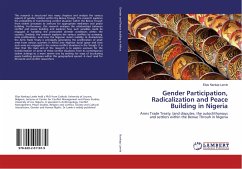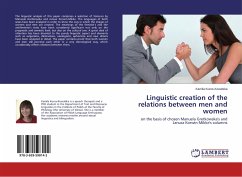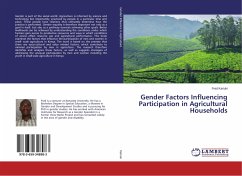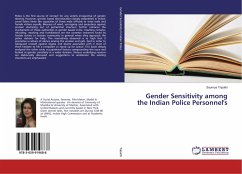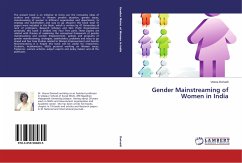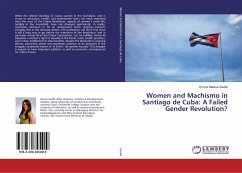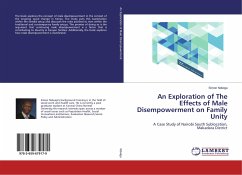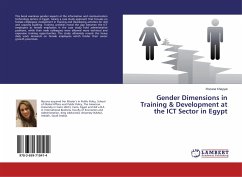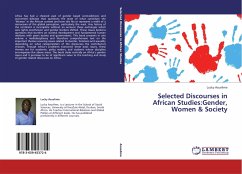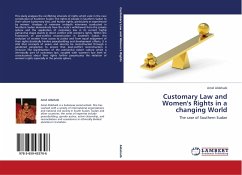
Customary Law and Women's Rights in a changing World
The case of Southern Sudan
Versandkostenfrei!
Versandfertig in 6-10 Tagen
36,99 €
inkl. MwSt.

PAYBACK Punkte
18 °P sammeln!
This study analyses the conflicting interests of rights which exist in the new constitution of Southern Sudan: the rights of people in Southern Sudan to their culture (customary law); and human rights, particularly as experienced by women. Analyses of extensive in-depth interviews conducted in Southern Sudan demonstrate how the state's withdrawal from the private sphere and the application of customary law in its current highly patriarchal shape stands in direct conflict with women's rights. Within the framework of post-conflict reconstruction in Southern Sudan, the exclusion of women from acc...
This study analyses the conflicting interests of rights which exist in the new constitution of Southern Sudan: the rights of people in Southern Sudan to their culture (customary law); and human rights, particularly as experienced by women. Analyses of extensive in-depth interviews conducted in Southern Sudan demonstrate how the state's withdrawal from the private sphere and the application of customary law in its current highly patriarchal shape stands in direct conflict with women's rights. Within the framework of post-conflict reconstruction in Southern Sudan, the exclusion of women from access to justice and from equal enjoyment of their rights drastically hinders peacebuilding and development efforts. It is vital that concepts of peace and security be reconstructed through a gendered perspective to ensure that post-conflict reconstruction is inclusive. The legitimization of the patriarchal violent culture which is intrinsically part of customary law, coupled with women's low level of consciousness about their rights further perpetuates the violation of women's rights especially in the private sphere.






